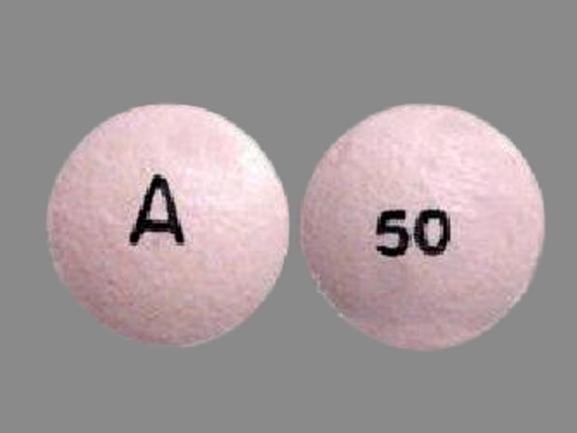Anzemet Disease Interactions
There is 1 disease interaction with Anzemet (dolasetron).
Dolasetron (applies to Anzemet) QT interval prolongation
Major Potential Hazard, Moderate plausibility. Applicable conditions: Abnormal Electrocardiogram, Arrhythmias, Congestive Heart Failure, Electrolyte Abnormalities, Hypokalemia, Ischemic Heart Disease, Magnesium Imbalance
Dolasetron may cause acute but usually reversible and self-limiting interval changes in the electrocardiogram, including PR, QTc and JT prolongation and QRS widening. The incidence and severity of these changes are related to serum levels of the active metabolite, hydrodolasetron. Cardiovascular morbidity such as heart block and cardiac arrhythmias may occur rarely. Therapy with dolasetron should be administered cautiously in patients with or predisposed to prolongation of cardiac conduction intervals. Risk factors include hypokalemia; hypomagnesemia; use of diuretics that may induce electrolyte abnormalities; use of antiarrhythmic agents or other drugs that may cause QTc prolongation; cumulative high-dose anthracycline therapy; significant bradycardia; congestive heart failure; myocardial ischemia; and atrial fibrillation.
Switch to professional interaction data
Anzemet drug interactions
There are 361 drug interactions with Anzemet (dolasetron).
More about Anzemet (dolasetron)
- Anzemet consumer information
- Check interactions
- Compare alternatives
- Drug images
- Side effects
- Dosage information
- During pregnancy
- Drug class: 5HT3 receptor antagonists
- Breastfeeding
- En español
Related treatment guides
Drug Interaction Classification
| Highly clinically significant. Avoid combinations; the risk of the interaction outweighs the benefit. | |
| Moderately clinically significant. Usually avoid combinations; use it only under special circumstances. | |
| Minimally clinically significant. Minimize risk; assess risk and consider an alternative drug, take steps to circumvent the interaction risk and/or institute a monitoring plan. | |
| No interaction information available. |
See also:
Further information
Always consult your healthcare provider to ensure the information displayed on this page applies to your personal circumstances.


